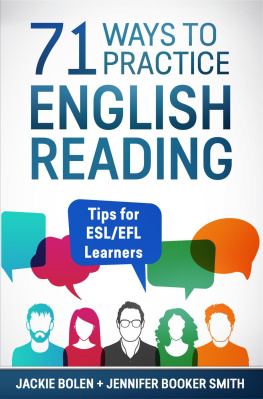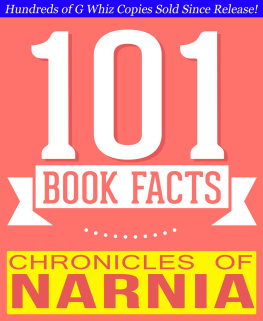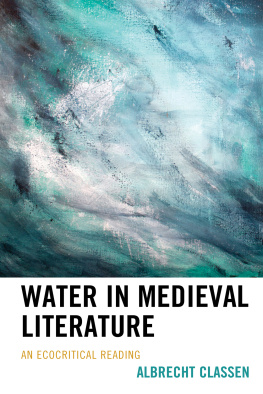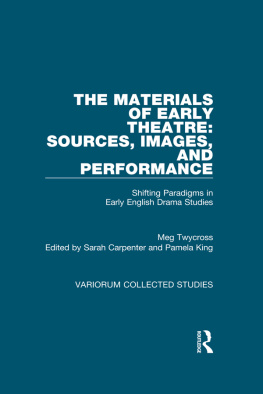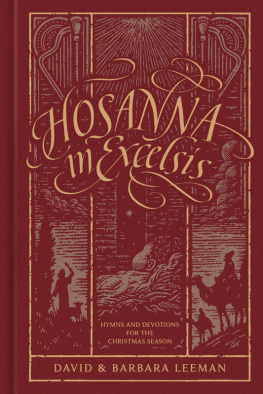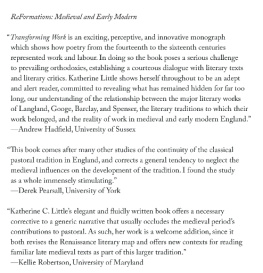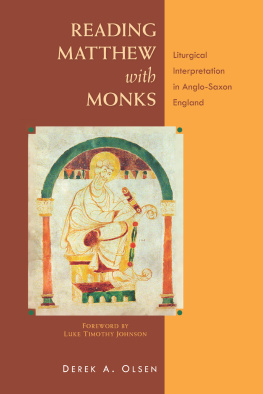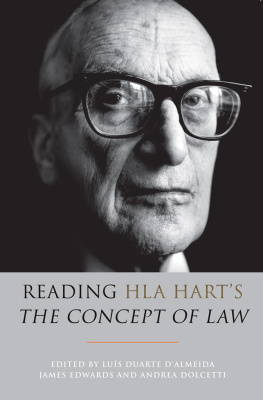HOLINSHEDS NATION
For Lucas and Jacob.
Holinsheds Nation
Ideals, Memory, and Practical Policy in the Chronicles
IGOR DJORDJEVIC
Glendon College, York University, Canada

First published 2010 by Ashgate Publishing
Published 2016 by Routledge
2 Park Square, Milton Park, Abingdon, Oxon OX14 4RN
711 Third Avenue, New York, NY 10017, USA
Routledge is an imprint of the Taylor & Francis Group, an informa business
Copyright Igor Djordjevic 2010
Igor Djordjevic has asserted his right under the Copyright, Designs and Patents Act, 1988, to be identified as the author of this work.
All rights reserved. No part of this book may be reprinted or reproduced or utilised in any form or by any electronic, mechanical, or other means, now known or hereafter invented, including photocopying and recording, or in any information storage or retrieval system, without permission in writing from the publishers.
Notice:
Product or corporate names may be trademarks or registered trademarks, and are used only for identification and explanation without intent to infringe.
British Library Cataloguing in Publication Data
Djordjevic, Igor.
Holinsheds nation: ideals, memory, and practical policy in the Chronicles.
1. Holinshed, Raphael, d. 1580? Chronicles of England, Scotland, and Irelande. 2. Historiography Great Britain History 16th century. 3. Literature and history Great Britain History 16th century. 4. Great Britain History To 1485 Historiography. 5. Great Britain History Tudors, 14851603 Historiography.
I. Title
941.0072-dc22
Library of Congress Cataloging-in-Publication Data
Djordjevic, Igor.
Holinsheds nation: ideals, memory, and practical policy in the Chronicles / by Igor Djordjevic.
p. cm.
Includes bibliographical references and index.
ISBN 978-1-4094-0035-6 (hardback: alk. paper)
1. Holinshed, Raphael, d. 1580? Chronicles of England, Scotland, and Irelande. 2. HistoriographyGreat BritainHistory16th century. 3. Great BritainHistoryTo 1485Historiography. 4. Great BritainHistoryTudors, 14851603Historiography. I. Title.
DA130.D48 2010
941.0072dc22
2009045425
ISBN 9781409400356 (hbk)
ISBN 9781315586960 (ebk-PDF)
ISBN 9781317121442 (ebk-ePUB)
Contents
Note on the Text
In all quotations from the Chronicles, the 1587 edition serves as the base text. Whenever the language of the 1577 edition is the same as that of the 1587, I quote only from the latter, but it should be understood that the 1577 version often contains numerous orthographic differences and minor syntactic or lexical variations (such as synonyms) that will be ignored. Wherever these variations may alter meaning, both versions are given. The parts of the 1587 text that differ from the original are always italicized; the 1577 variations of these portions are given in the footnotes. Each edition is identified by an italicized 1577 or 1587 in the parenthetical citation.
In all quotations from the Chronicles and other early modern texts I have stayed true to the orthography of the originals, and only the following silent corrections have been made for the convenience of the modern reader:
1. The use of v and u in initial and medial positions has been reversed; similarly, i in the role of j has been replaced by j whenever necessary.
2. Abbreviations and ligatures have been expanded; only ampersands are preserved.
3. Punctuation such as / used to offset clauses and phrases grammatically has been replaced by commas to differentiate from my own use of / that indicates a break in lines of verse.
Apart from these, no other correction or standardization of the typographical features of the texts has been made.
Acknowledgments
I owe thanks to several institutions for their generous funding of the research that began as a doctoral thesis at the University of Toronto, and culminated in this book: the University of Toronto for an Open Fellowship (20012002); the Ontario Ministry of Training, Colleges, and Universities for an Ontario Graduate Scholarship (20022003); the Social Sciences and Humanities Research Council of Canada for a doctoral fellowship (20032005); the Department of English of the University of Toronto for its award in 2003 and the Viola Whitney Pratt Memorial Scholarship in English in 2004; and Glendon College for a half-course teaching release in the Fall of 2008 that provided much-needed time to prepare the final revisions of the manuscript. I also owe a debt of gratitude to Jill Levenson for her guidance, advice, support, and friendship throughout the course of my graduate studies, and especially for being the one to introduce me to Holinshed. To Alexander Leggatt and David Galbraith, for their expertise, sound judgment, and feedback in all the stages of the preparation of the thesis; to James Carley and John Geary for their assistance with some difficult Latin passages; to Scott Lucas for his help with the Mirror for Magistrates; and to Skip Shand whose experience and good advice were invaluable in the preparation of the book. Thanks are also due to the University of Toronto and York University libraries, and in particular the Thomas Fisher Rare Book Library whose holdings were essential to this project.
List of Abbreviated Titles
1EIV: Heywoods 1 Edward IV
2EIV: Heywoods 2 Edward IV
1HIV: Shakespeares 1 Henry IV
2HIV: Shakespeares 2 Henry IV
1HVI: Shakespeares 1 Henry VI
2HVI: Shakespeares 2 Henry VI
3HVI: Shakespeares 3 Henry VI
CW: Daniels Civil Wars
FV: Famous Victories of Henry V
HV: Shakespeares Henry V
RII: Shakespeares Richard II
RIII: Shakespeares Richard III
Introduction
Raphael Holinsheds Chronicles of England, Scotland, and Ireland are perhaps most famous for being the source of Shakespeares English history plays, and consequently have often been called Shakespeares Holinshed. While much is known about the Chronicles, much still remains unexplained. Stephen Booth was absolutely right: there is probably only one unassailable reason why everybody seems to know about Holinsheds Chronicles, but nobody wants to read themthey are immense.
Of course, numerous scholars have read the work, but for far too long the only published opinions about it seem to have been formulated exclusively by historians who had evaluated it with regard to the principles and demands of their own discipline. The results of such interdisciplinary research have been immensely rewarding and have influenced my own approach in this book.
Although this intense scholarly activity announces a future that will see even more interdisciplinary research combining historiography and literary criticism, many questions about Holinsheds Chronicles still remain unanswered. How did Holinshed himself understand his job as a historian and what did history mean to him? What were his motives in composing his immense work? Did he intend to glorify the Tudor regime, as historians have traditionally contended, or were his intentions more liberal and democratic, as Patterson has suggested? And if Helgersons national project existed at all in the early modern periodwhether And if they did, what did they contribute and how? Although we know much about how Holinsheds contemporaries read the classics, how did the sixteenth- and seventeenth-century English read the
Next page


